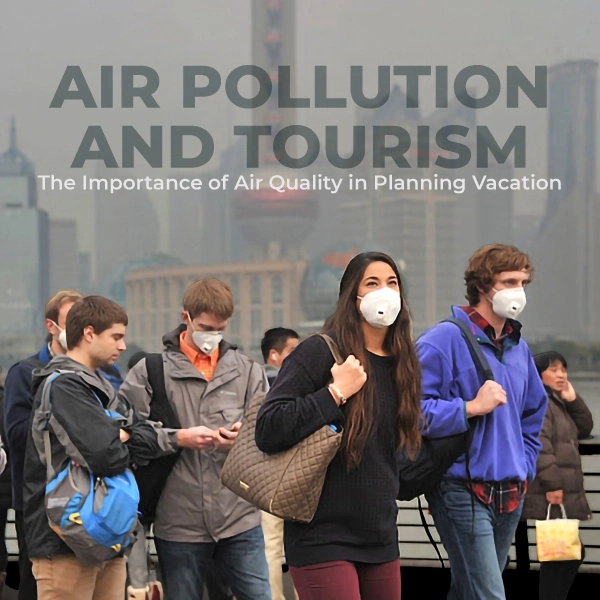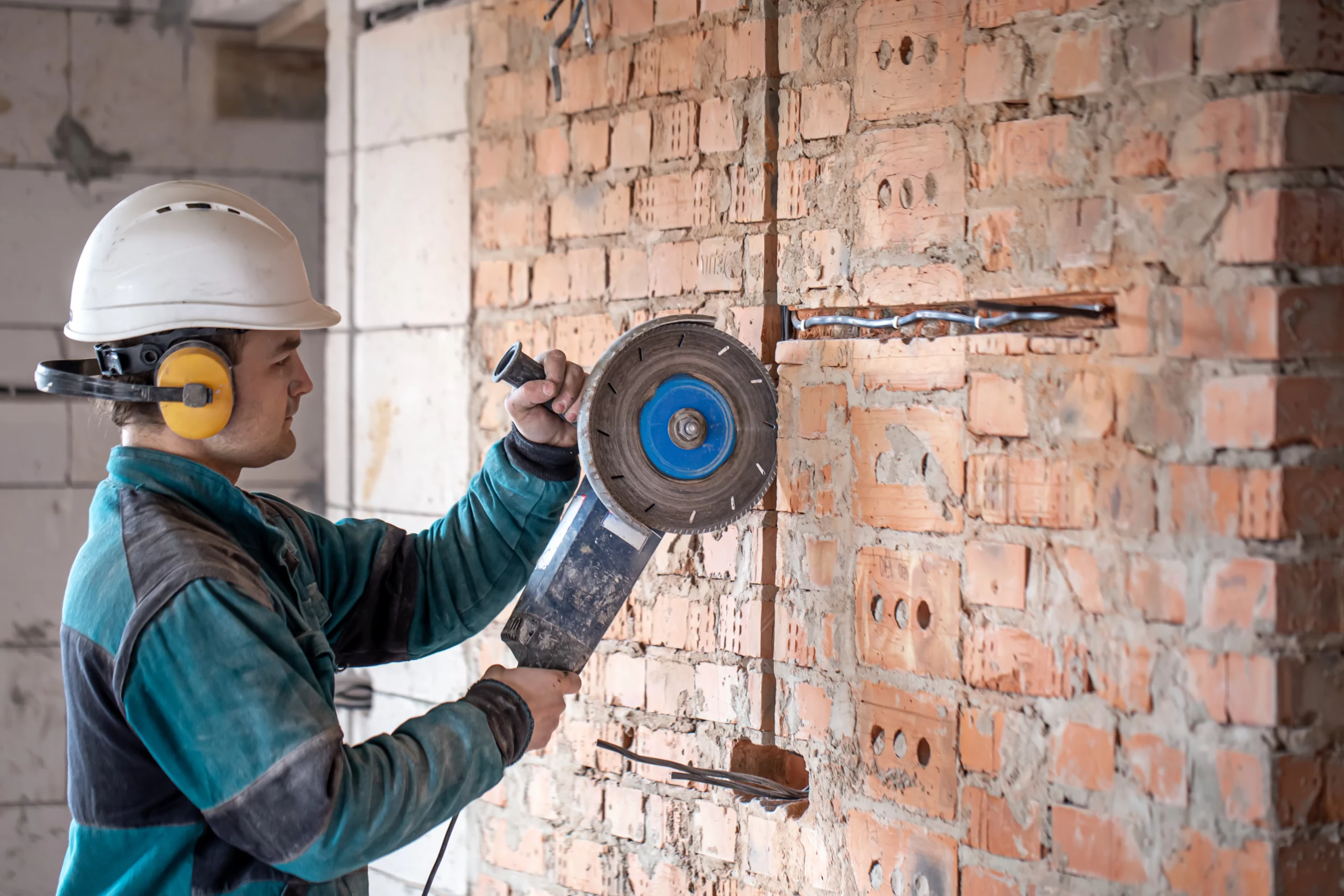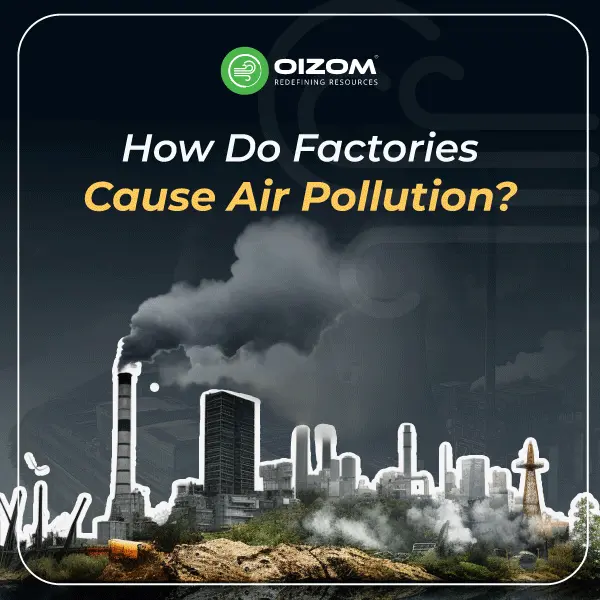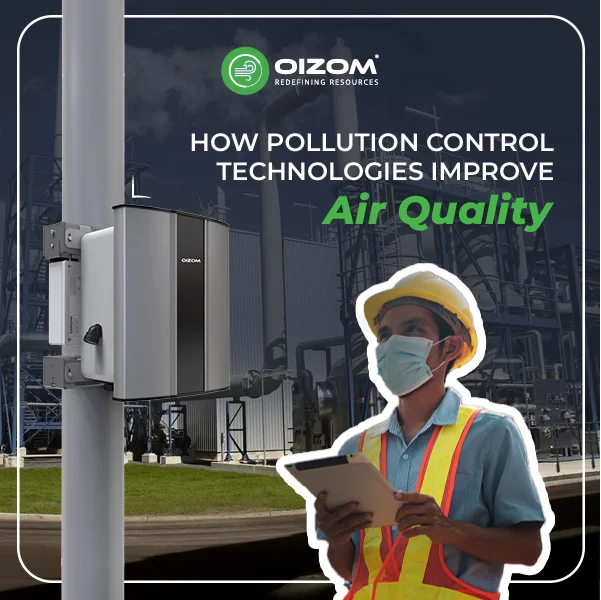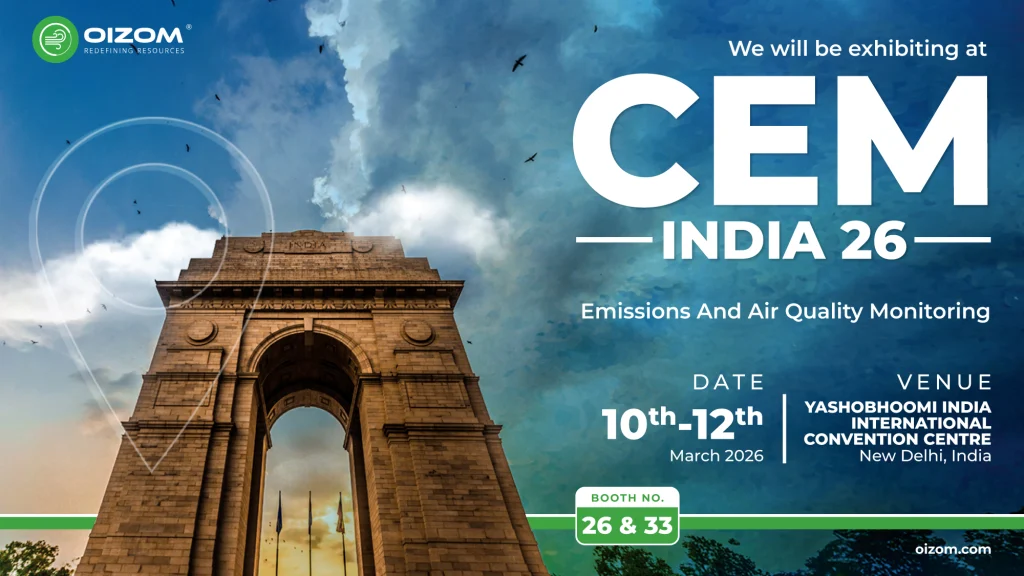Summary of Blog
Air pollution has an important effect on tourism, influencing travelers’ experiences and limiting the possibility of making trips again. High pollution levels cause impaired visibility, health concerns, and a decline in outdoor activities, resulting in a 7.4% drop in tourism, or $1.7 billion in annual losses. Tourists contribute to air pollution through their mobility choices, although sustainable activities can help to lessen the impact. Travelers should investigate air quality, use environmentally friendly transportation, and stay in green accommodations. Using Air quality monitoring devices like Polludrone to monitor AQI can help cities or regions improve air quality and make it safer for tourists. Clean air improves the tourist experience, but pollution draws away visitors and prevents repeat visits. Raising awareness and campaigning for improved air quality can benefit both the local and tourist communities. We can make smarter choices to enhance air quality and the overall travel experience.
Air Pollution and Tourism: The Importance of Air Quality in Planning Vacation.
Have you ever thought about how air pollution might impact tourism? Or maybe you’ve tried to imagine its effects? Well, I’m here to give you a clear picture and share some insights to help you understand this better.
First off, you need to believe me when I say air pollution can really impact tourism. Let me share a quick fact with you: Right now, higher air pollution levels are causing a 1.3% drop in consumer spending. The tourism industry is hit even harder, with a 7.4% decline, leading to nearly $1.7 billion in losses annually.
However, I am here to explain the relationship between air pollution and tourism. So, here I am, starting with the basics: Air pollution and tourism are interdependent. With more people visiting a region, the amount of pollutants will certainly rise; increased air pollution means fewer visitors. So, how much pollution is created by tourism, and how does bad air quality impact the number of visitors? Find out by reading this article.
How does air pollution affect the tourist experience?
Tourism is a successful global sector that connects people to the world’s most beautiful and culturally significant sites. While it improves our lives in various ways, it also influences the environment, notably air quality.
Reduced Visibility and Scenic Enjoyment
Imagine going to a breathtaking sight but just seeing smog. Air pollution may block clear views, making it harder to enjoy the beauty of a landscape, historical site, or even the metropolitan skyline.
This is especially unpleasant for tourists traveling considerable distances to see a specific location. This disappoints guests and may discourage future travel as word spreads about the less-than-optimal conditions.
Tourists need comfort, so they look for the most convenient ways to travel. Whether they take taxis or drive themselves to their destination, they emit additional greenhouse gases.
Health Concerns and Travel Risks
Air pollution and tourism have a significant impact on human health. Poor air quality can aggravate respiratory difficulties like asthma, allergies, and other chronic conditions, making travel unpleasant and dangerous for some people. Tourists, particularly those from areas with superior air quality, may be unprepared for the harmful impacts, resulting in health concerns and emergency medical problems. This possible risk prevents tourists from visiting polluted places, which can considerably influence their overall vacation experience. Furthermore, air quality advisories might lead to cancellations and a fall in tourist numbers.
Impact on Outdoor Activities
Poor air quality greatly impacts outdoor activities, risking visitors’ health. Breathing problems, including coughing and shortness of breath, can be brought on by high pollution levels, such as ozone and particulate matter. Hiking, sightseeing, and outdoor activities become less enjoyable or dangerous when the air quality is low. For example, smog can make breathing difficult during physical activity, causing discomfort and potential health problems.
Pollution can often be seen in the air as well. Things will appear hazy, and visibility may be poorer than usual. Unlike fog, which appears white, smog is yellow-gray and frequently smells of burning. If you suffer any of these symptoms or sense an alteration in the air, minimize your physical activity and consider staying indoors until the situation has resolved.
How can tourism contribute to air pollution reduction?
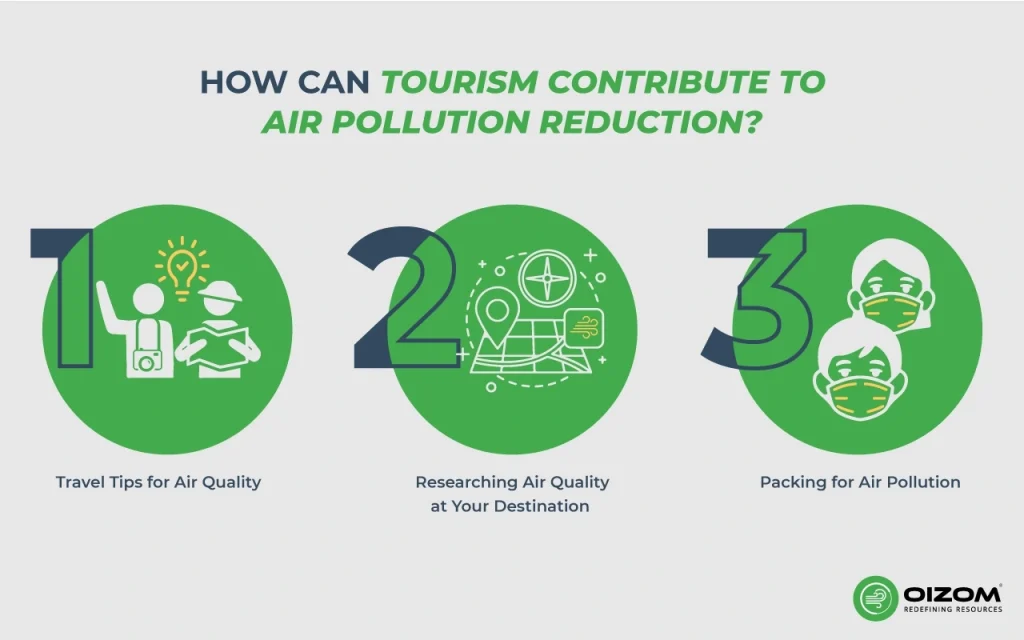
As travelers become more environmentally concerned, the tourism sector and governments must implement sustainable methods that reduce tourism’s environmental impact. Here are some travel tips that tourists can follow to reduce the air pollution.
Travel Tips for Air Quality
Making informed transportation decisions is critical to improving air quality and lowering our environmental footprint. Adopting sustainable forms of transportation, such as public transit, can drastically reduce individual carbon footprints by lowering the number of vehicles and electric vehicles on the road.
Walking or cycling shorter distances boosts your health while also completely eliminating pollution. Carpooling and ride-sharing reduce the number of cars on the road, lowering air pollution. Direct flights, rather than those with multiple layovers, can also minimize emissions. Travelers should consider staying in eco-friendly accommodations, prioritizing sustainable measures such as energy efficiency and waste minimization.
Researching Air Quality at Your Destination
Before traveling, it is critical to examine the air quality in your destination. Websites and applications offer real-time air quality indices (AQI) and forecasts, allowing travelers to plan their excursions accordingly. Destinations with bad air quality can be avoided, or travel plans can be changed to visit during time with improved air quality. This ensures a healthier and more enjoyable journey and sends a clear message to the government and authorities about the necessity of maintaining high air quality to attract tourists.
Packing for Air Pollution
When planning a holiday or business trip abroad, individuals consider various factors, like the weather, how to navigate a city, and where to find free Wi-Fi. However, some people miss a key piece of information: a city’s air pollution levels. Whenever you plan a vacation, it’s important to check the air quality of your destination. If the Air Quality Index (AQI) is good to moderate, you can confidently visit the location to rejuvenate yourself.
Using the Polludrone air quality monitoring device to monitor AQI can help the government maintain good air quality and help tourists plan trips. Polludrone is a CAAQMS that can monitor various environmental parameters related to air quality, noise, odour, weather, and radiation. It measures the particulate matter and gaseous concentrations in the ambient air in real-time. The product is resistant to corrosion, vandalism, and adverse weather conditions.
Were you aware of this? A UCLA study finds that even a short-term visit to a severely polluted city is bad for your health.
Planning Activities Based on Air Quality
Watch the news and reliable social media sources for local and regional public health air quality alerts. Even better, look up the AQI values on your devices for the destination you will visit. When the air quality is bad, postpone or cancel your visit to that particular location. Moreover, raises awareness about air quality impacts and advocates for pollution-reducing practices.
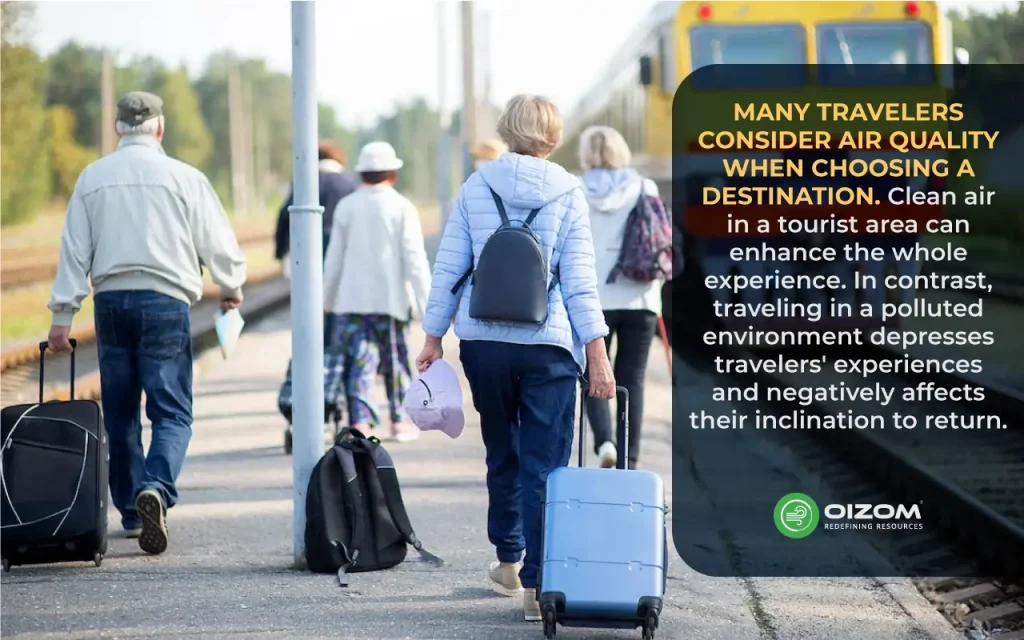
Conclusion
Finally, Tourists often contribute to air pollution by utilizing non-sustainable modes of transportation and consuming more energy. However, with correct solutions in place, local governments can combat this issue and, ultimately, improve air quality.
This is critical for local residents and attracting visitors who are becoming more conscious of the problem and paying more attention to the air they breathe. Reading this article clearly shows how air pollution affects the tourism industry and leads to fewer visitors. But together, we can make smarter choices to improve air quality and enhance everyone’s travel experience.

